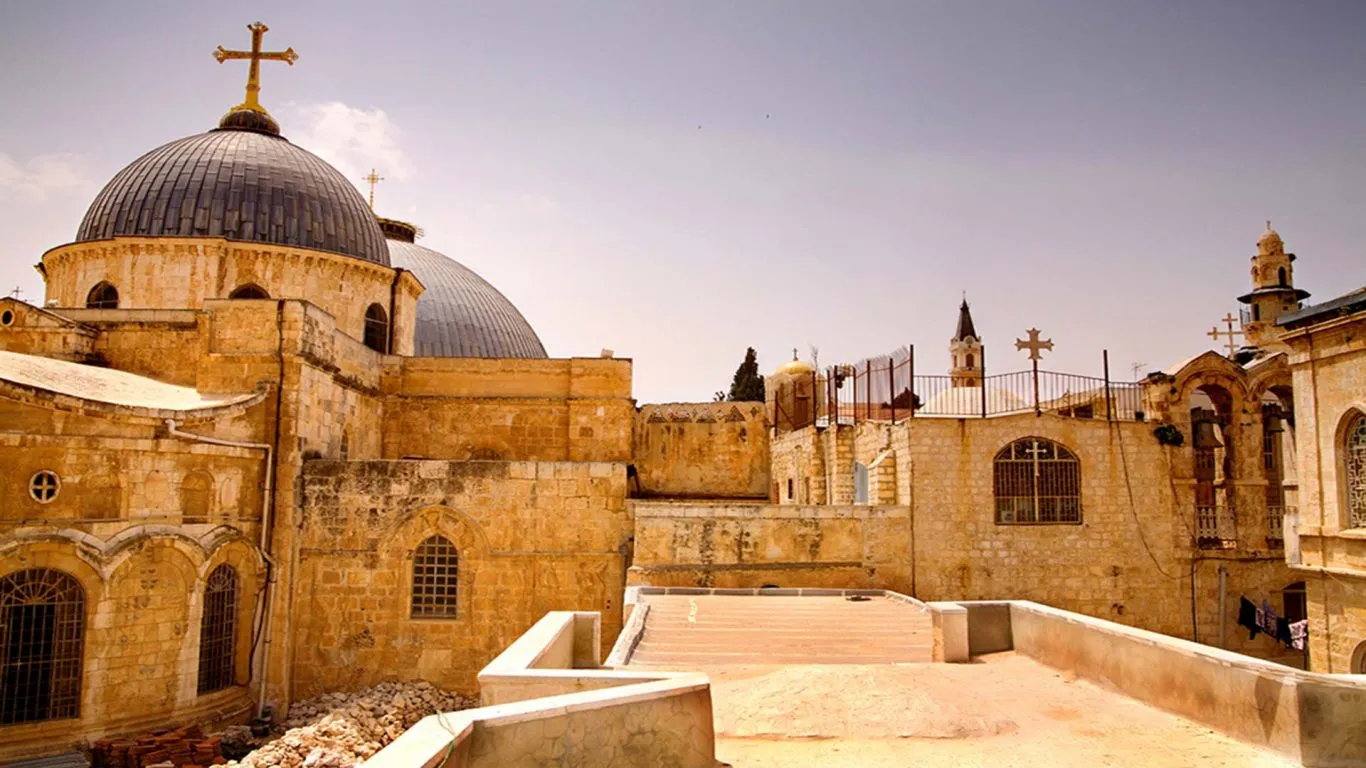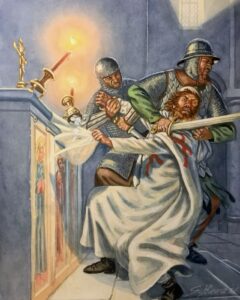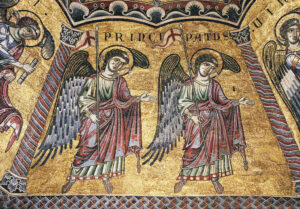Introduction
The Church of Ancient Jerusalem holds a significant place in the history of Christianity. As the birthplace of the Christian faith, Jerusalem was the center of early Christian activity, deeply rooted in the teachings of Jesus and the apostles. This blog aims to provide a comprehensive overview of the Church of Ancient Jerusalem, exploring its origins, key figures, and lasting impact on Christianity.
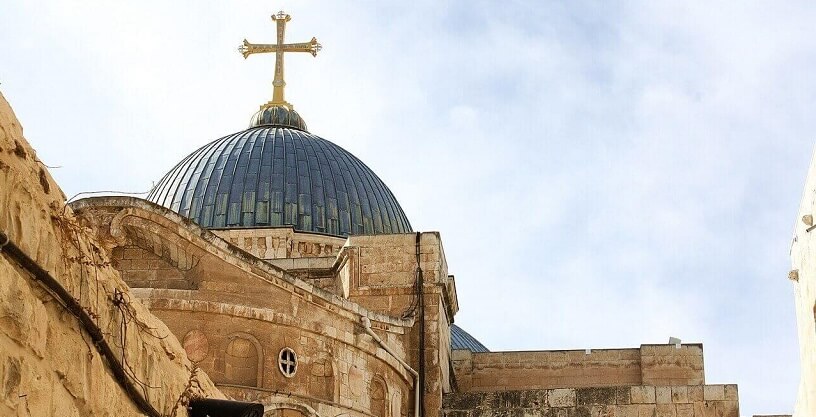
The Birth of the Church in Jerusalem
The origins of the Church in Jerusalem can be traced back to the life and ministry of Jesus Christ. Jerusalem was not only the site of Jesus’ crucifixion and resurrection but also where the early Christian community began to take shape. The Book of Acts provides detailed accounts of the early days of the Church.
- Acts 2:41: “Those who accepted his message were baptized, and about three thousand were added to their number that day.”
- Acts 2:42: “They devoted themselves to the apostles’ teaching and to fellowship, to the breaking of bread and to prayer.”
Key Figures in the Early Church
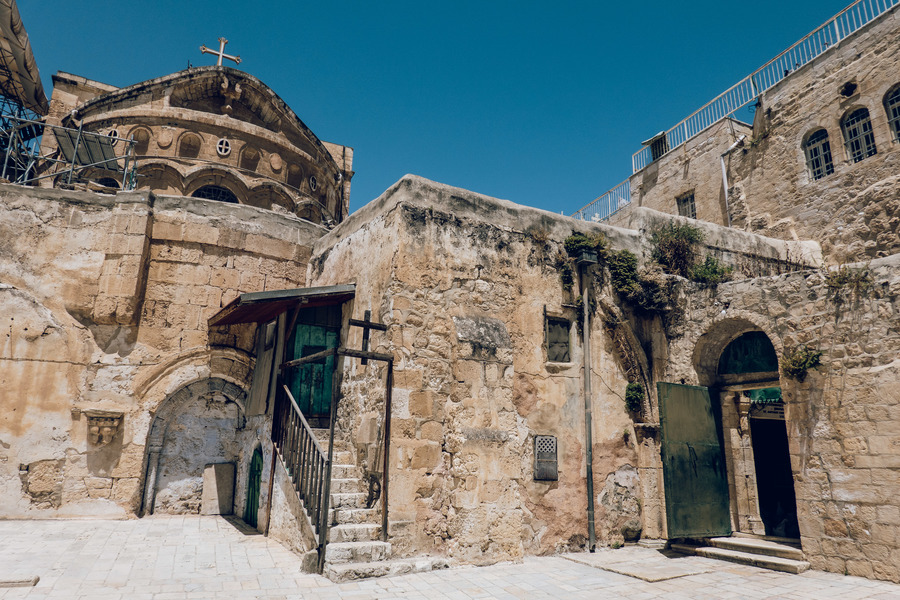
Jesus Christ: The foundation of the Church, whose teachings and resurrection inspired the apostles and early believers.
Peter: Often considered the leader of the apostles, Peter played a crucial role in the spread of Christianity in Jerusalem.
James: Known as James the Just, he was a prominent leader in the Jerusalem Church and the author of the Epistle of James.
Paul: Although initially a persecutor of Christians, Paul’s conversion and subsequent missionary journeys significantly contributed to the spread of Christianity.
The First Church Council
The Council of Jerusalem, described in Acts 15, was a pivotal moment in the early Church. This council addressed the issue of Gentile converts and the requirements for becoming a Christian, helping to unify the diverse believers.
- Acts 15:19-20: “It is my judgment, therefore, that we should not make it difficult for the Gentiles who are turning to God. Instead, we should write to them, telling them to abstain from food polluted by idols, from sexual immorality, from the meat of strangled animals and from blood.”
The Fall of Jerusalem and Its Impact
The destruction of Jerusalem in 70 AD by the Romans had a profound impact on the early Christian community. Many believers were dispersed, leading to the spread of Christianity beyond Jerusalem. Despite this, Jerusalem remained a spiritual center for Christians throughout history.
Legacy of the Ancient Church
The Church of Ancient Jerusalem laid the foundations for Christian theology and practice. Its emphasis on community, prayer, and teaching continues to influence Christian worship today. Jerusalem remains a pilgrimage site for Christians worldwide, reflecting its enduring spiritual significance.
Key Takeaways
- Foundation: The Church of Ancient Jerusalem was established through the teachings of Jesus and the apostles.
- Key Figures: Jesus, Peter, James, and Paul were instrumental in the early Church’s growth and development.
- First Council: The Council of Jerusalem was vital in shaping Christian practice and inclusion.
- Legacy: The early Church’s emphasis on community and prayer continues to influence modern Christianity.
Conclusion
The Church of Ancient Jerusalem holds an essential place in Christian history. By understanding its origins, key figures, and legacy, we gain deeper insights into the foundations of the Christian faith. This historical and spiritual journey enriches our appreciation of the Church’s enduring impact.

